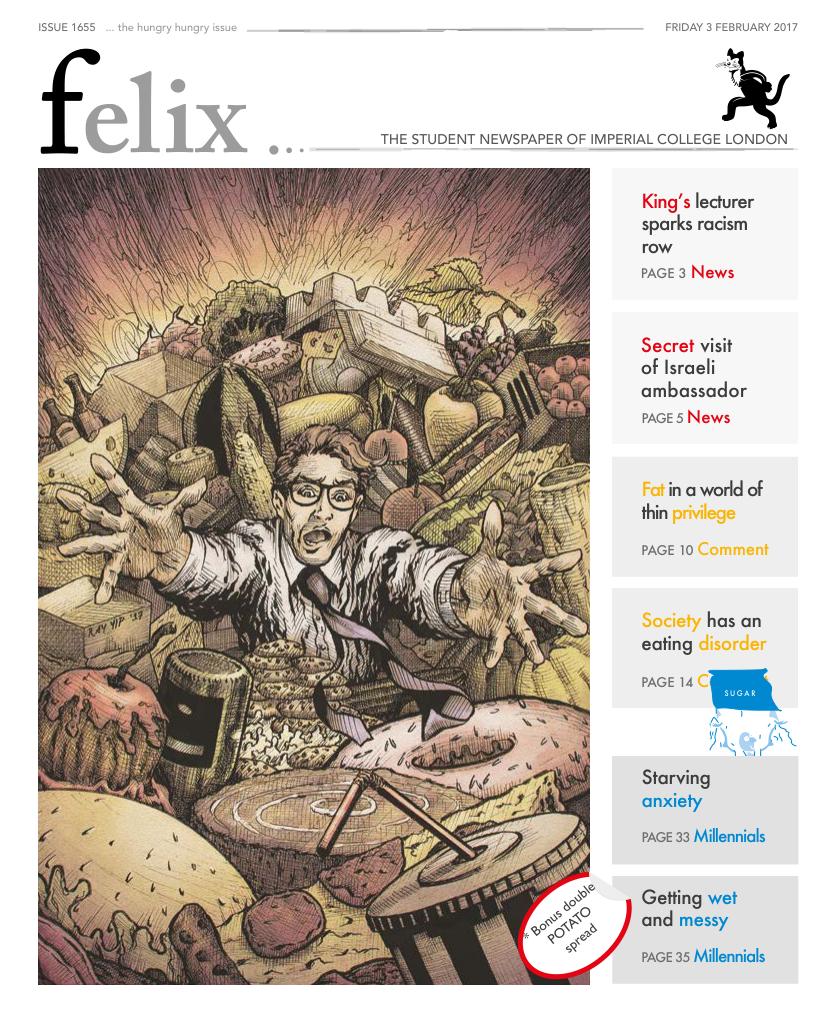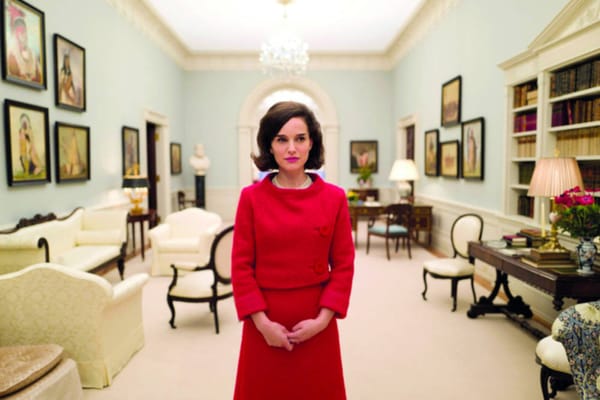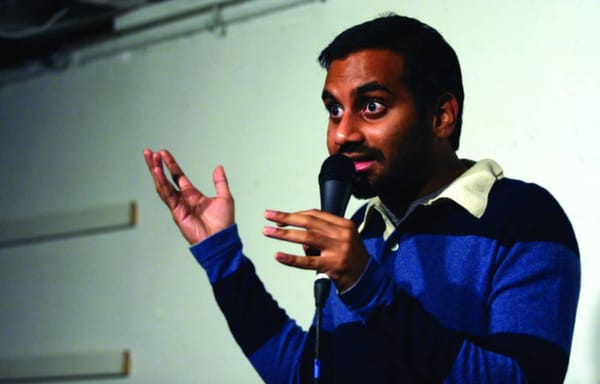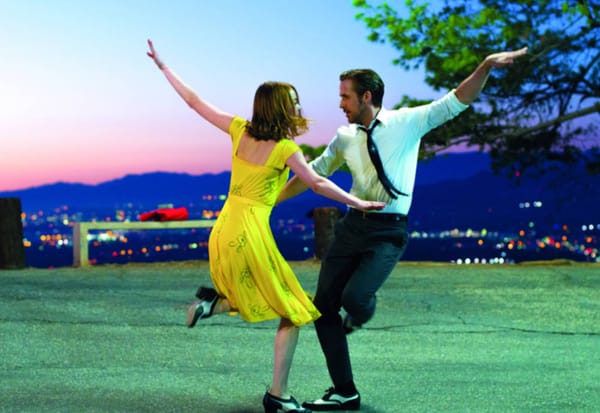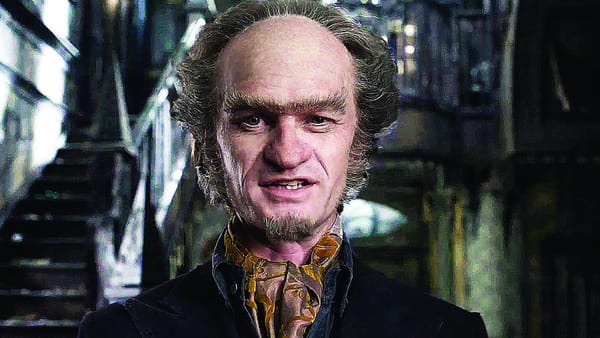Christine | On the outside looking in
Rebecca Hall astonishes in this biopic of Christine Chubbuck, a Florida news reporter who killed herself live on air, which powerfully explores the events leading to her death in an anxiety-ridden tour de force
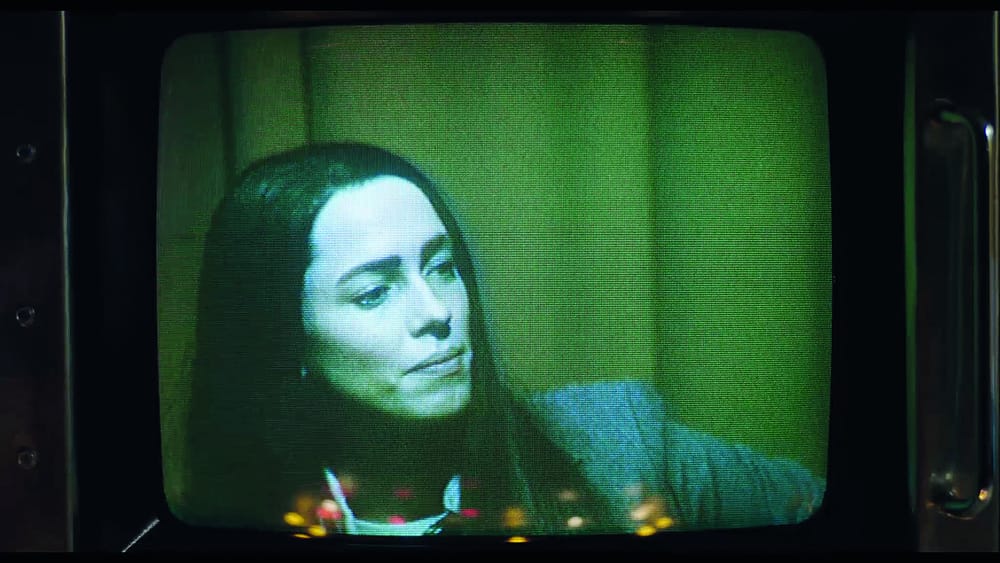
The television, with its ability to repeatedly display the images of those who have long since departed, can act as an electronic graveyard, conjuring up spirits from the past. It is fitting, therefore, that Christine – the latest film by Antonio Campos, which deals with the on-air suicide of news reporter Christine Chubbuck – opens with an image of a TV screen, on which flickers a ghostly, pale Chubbuck, in the middle of interviewing Richard Nixon. This on-screen image is divorced from reality, giving us the unsettling feeling that we’re looking back into the past. We soon find out that Chubbuck is not in fact interviewing Nixon, but rather trying to analyse how she comes across to the camera, planning on evaluating every lilt in her speech and movement of her head; it is a scene that immediately communicates her indomitable work ethic, her capacity for self-criticism, and her dreams for a larger market-share, all of which play a part in her descent into depression. This scene is revisited later in the film, becoming an anchor to the departed reporter, as Chubbuck’s one-sided dialogue becomes more pointed: ‘is it paranoia,’ this spectral Chubbuck asks, ‘if indeed everyone is coming after you?’
Is everyone coming after Christine? Fleeing a breakdown-inducing Boston, Chubbuck is forced to live with her mother in Florida, working as a local reporter for a dead-end station. She has no boyfriend – indeed, she’s still a virgin, rapidly approaching 30 – and spends her spare time performing existentialist-tinged puppet shows for sick children at the hospital (sample dialogue: “what if you know someone, but you don’t really know them?”). All her energies are devoted into her work, which involves seeking out stories involving ‘real Floridians, but the opportunity for a promotion to a TV station in Baltimore pushes Chubbuck into overdrive, as she seeks ever-more bizarre methods of getting viewers. We see her, hunched over film reels, jarringly lit from underneath, wincing in pain at stomach cramps that will later turn out to an ovarian cyst; an operation to remove it would severely reduce her chances of conceiving, unless she gets pregnant in the next couple of months. To what extent Chubbuck’s suicide is down to her mental health problems, and what part is played by her less-than-ideal situation, is a taut skein of a question, which threads its way through Craig Silowich’s delicate script.
But while others in the story have their own problems – ‘gorgeous’ George, the head anchor, has had drinking problems; Chubbuck’s mother Pam self-medicates with marijuana – Chubbuck makes the mistake of seeking solace in her work. Chubbuck’s interest is in ‘issue-orientated’ and ‘character-based’ reporting; in other words, the stories of ‘real people’. This pits her directly against station chief Michael (Tracy Letts), whose maxim ‘if it bleeds, it leads’ is reminiscent of Sidney Lumet’s masterful 1976 black comedy Network. Like in Christine, Network ends with the death of a news-reporter, but while in Network the responsibility lies directly at the feet of the studio, in Christine things are more complex: it is clear that Chubbuck is at odds with both the emerging interest in exploitative TV, and the macho culture she encounters at the office, but this is far from the only factor contributing to her demise.
Chubbuck is a tragic figure in the most classical sense of the word: we know that she kills herself, the methods of her suicide, and that this will inevitably happen before the film’s two-hour runtime is over. The unavoidable nature of this ending makes Christine a near-unbearable watch, comparable to having a panic attack in slow motion; a sinking feeling of impending doom grips the viewer from the opening sequence, and continues long after the credits have rolled. Small acts, from both Chubbuck and others, begin to take on a deep significance, as the audience interrogates their effects on the protagonist.
This hypervigilance is encouraged by Hall’s performance, which can only be described as masterful; the fact that she has not received any major awards this season is a travesty. Hall imbues Chubbuck with a fierce physicality, contorting her body into spasms of anxiety. Her face registers an endless parade of emotions, with despair, sardonic humour, and barely-repressed rage being communicated in a single scene. Chubbuck’s dialogue is often minimal, usually pointed, sarcastic retorts, but Hall manages to get across a wealth of information in a simple turn of a head, or movement of the eyes. Michael C. Hall is similarly excellent as the former-jock George, whose well-meaning attempts to help Chubbuck seem to backfire.
There are numerous moments in the film where Chubbuck seems to be on the verge of admitting others into her life, only for the door to swing swiftly shut. Chubbuck’s flat affect and dark, straight hair is at odds with the sunny Florida of the 1970s, a contrast that is heightened by Joe Anderson’s cinematography, which revels in jarring colours. The TV monitors cast a pale light on Chubbuck’s face, emphasising her angularity, while in other scenes she is bathed in a ghostly green glow, giving her a sickly air.
Chubbuck is marked by an ever-present anxiety about whether what she’s doing will get her ahead in her career; her eyes never quite seem to focus on other characters, only snapping to them when work or promotions are mentioned. Early on in Christine, she asks Jean whether she seems too sympathetic when she interviews people; ‘how can you be too sympathetic?’ she replies. Answers about human behaviour which seem obvious to others can be a mystery to Chubbuck, something that is heightened by her day-to-day role as a ‘human interest’ journalist. In one heart-breaking scene, she interrupts a couple having an anniversary dinner: “I couldn’t help but notice you back there,” she says, looking amused, “you both seem to be very much in love”. At moments like this, Chubbuck is desperately trying to understand how the world seems to work; she is no longer a news reporter, but the world’s loneliest anthropologist – she is trapped behind a screen, on the outside looking in.


